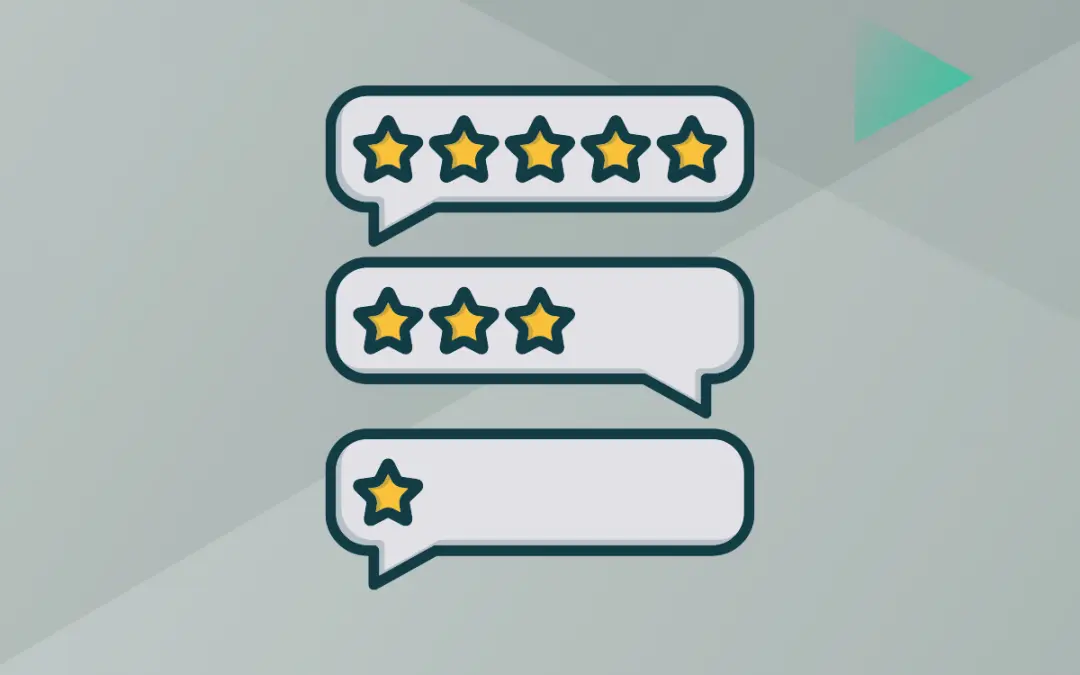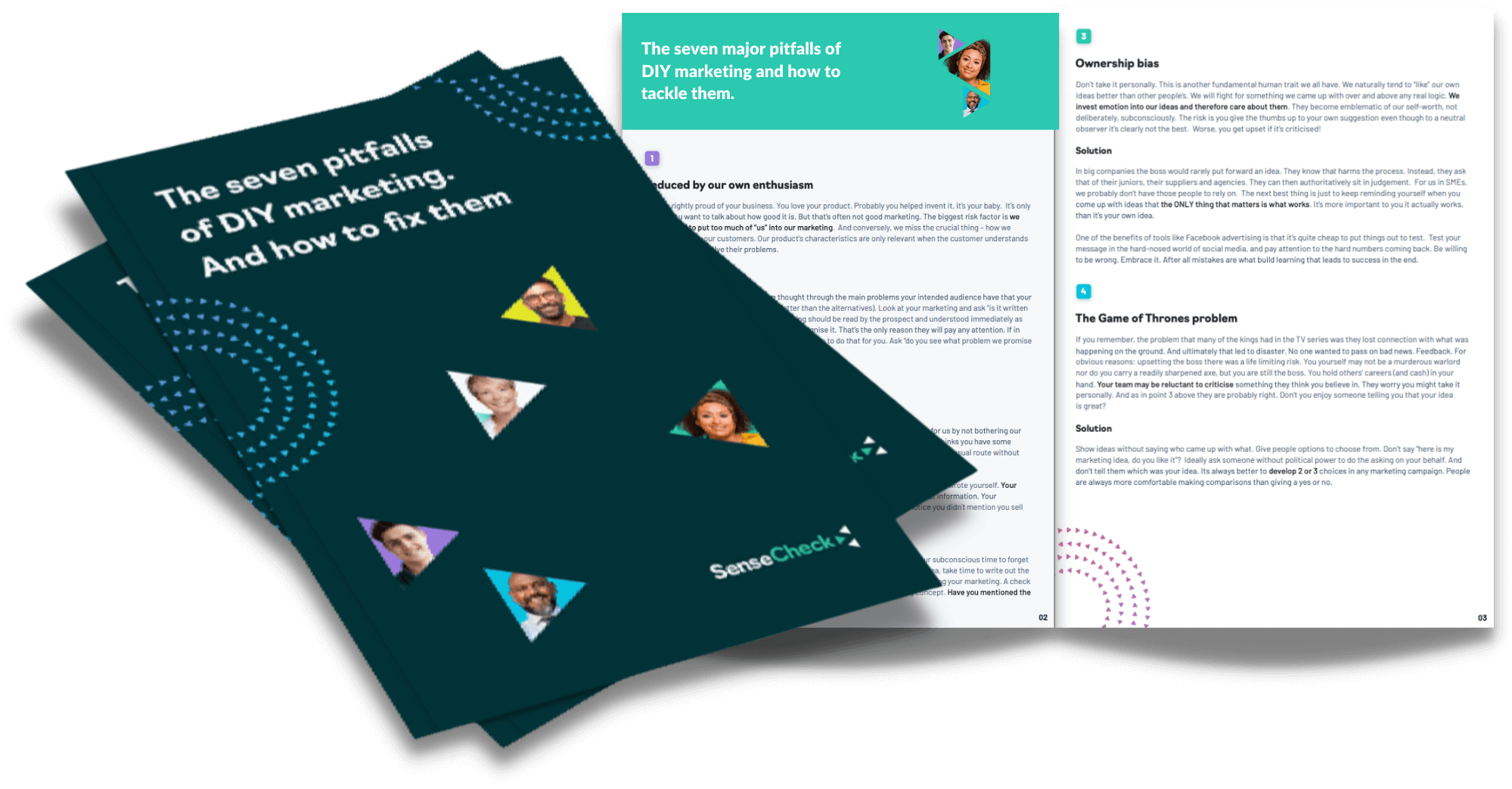
Fear, insecurity and playground bullies. Why is it so hard to get honest feedback and what can you do about it?
Unless you genuinely think you have a monopoly on wisdom and an all seeing, all knowing perspective on the entire work universe, at some point (hopefully often) you seek the views of other people (ideally knowledgeable people with different perspectives). And you adjust your opinions and decisions based on these.
This could be in any context. Forgetting the “does my bum look big in this” type of feedback, in a work setting you want to know if you can do your job better to improve results and/or help others perform better. As a business owner or leader you know the crucial need to get every team member working at their best and want to know where the impediments to this lie, even if they lie in your own behaviours and opinions.
When it comes to ideas you want to stress test them before you risk lots of time and money on them. How dispiriting is it to hear at the failure of an expensive initiative “I always felt it was on a hiding to nothing”, if that view was never expressed early on.
I’d assert that frank open and constructive feedback is spectacularly rare. It’s as rare as it is desirable in theory, as described above.
Why?
I’d say there are many causes for barriers to giving and getting feedback. Top of the list is fear.
Fear isn’t some irrational emotional weakness in the context of the workplace. It’s supremely rational. We are each self employed curators of our own career and view the relationships in the workplace as crucial to this. Particularly our relationship with (or indeed perceptions by) our bosses. Even if we are not scared of major career damage, we may be still fearful of damaging any of our work relationships. We are social creatures. We don’t want to hurt someone else’s feelings, particularly if there is little personal upside for us. Its reasonable to fear giving negative feedback, even more so given the second issue which is our experiences in the past of reactions to feedback:
This could be the history of your own responses or the responses of others in the past (and indeed teachers and parents, going way back), but for most of us our lived experience of trying to be honest is hardly a good one. The problem however, is that as much as one theoretically wants feedback, it is genuinely painful and difficult to hold back on responding defensively (at best) or in kind (at worst) when we get feedback we don’t “like”. We learned at an early age in the playground that the best response to “You suck” was “No, you suck”. It runs deep. And let’s not forget that our subconscious self is hardly a bullet proof bastion of confidence:

Our own insecurities power our emotional responses in life. How many of us nurture an inner child desperate to be approved of, and scared of being criticized? And how easy is it for this child to be resurrected instantly when our idea, our project or our own behaviours are criticized. How fast is our brain to come up with self defeating illogical emotions like “Oh no, I always thought I was useless, and now they confirmed it” (is that just me?) or “Who are you to criticize my idea, you don’t even have a sensible hairdo)….
And lastly be aware we are all betrayed by unconscious biases. There isn’t space to go into them all here but maybe the most crucial in this context is Confirmation Bias. It’s a normal human response to pay more attention to views that agree with ours, and dismiss those that don’t. And because this is an unconscious bias, it happens without us being aware of it. (LINK TO MORE DETAIL ON BIASES)
This deceptively simple concept of feedback then, is an emotional and psychological minefield, hidden beneath the simple good intention of seeking others’ opinions.
Knowing this, how do we address the challenge?

Of course just being aware that when you ask someone “Hey Bill, what do you think about…..?” you might not get the unvarnished truth helps. But some simple tips from my experience:
We built SenseCheck to recognize some of these challenges and to give you a new route to arms-length, bias free and truly honest feedback on marketing ideas.
